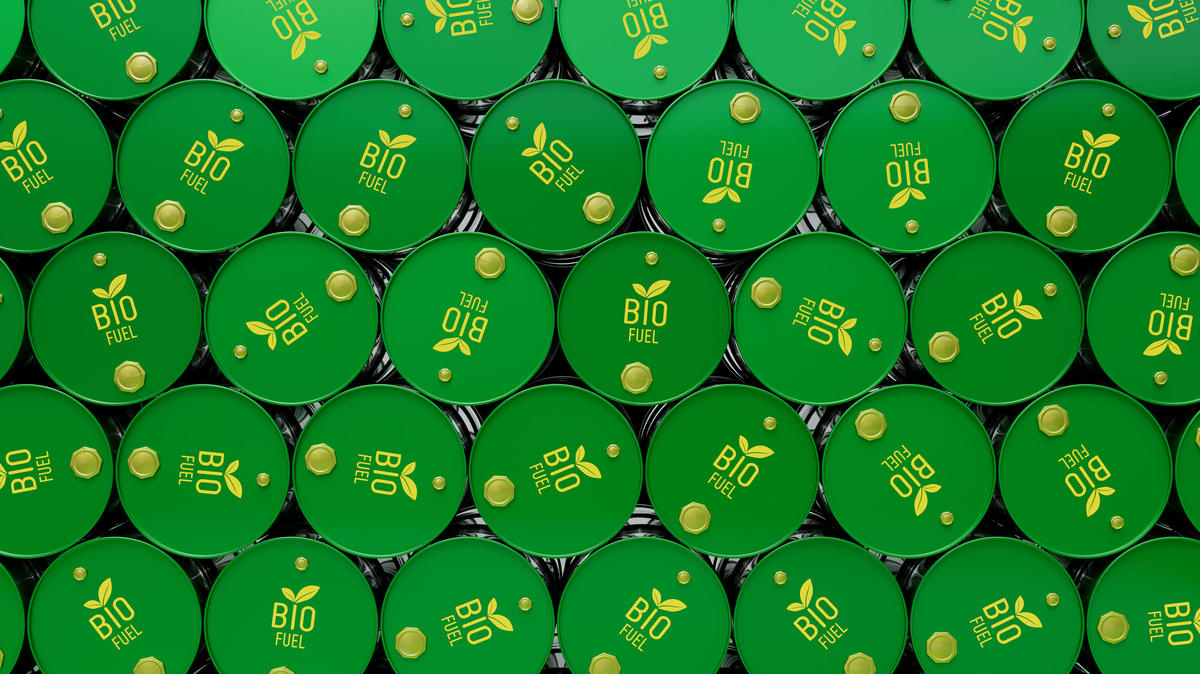ISCC forms working group to assess high-risk feedstocks
The International Sustainability and Carbon Certification (ISCC) system has put down a working group to better detect and trace high-risk biofuel feedstocks in supply chains.
 IMAGE: Getty Images
IMAGE: Getty Images
The Chemical Analytics of Feedstocks working group will initially focus on used cooking oil methyl ester (UCOME), which is in high demand in Europe due to its strong greenhouse gas (GHG) savings profile.
UCOME has been identified as a “high-risk” material because of its susceptibility to fraud, including mislabelling of virgin oils as waste-based products.
The ISCC says the working group aims to develop and refine analytical methods that can identify feedstock characteristics with greater accuracy, making it harder for unsustainable materials to slip through certification checks.
The initiative also seeks to enhance traceability measures to ensure that certified supply chains remain credible and compliant with regulatory requirements. The group will draw on expertise from research institutions, certification bodies and analytical testing providers.
The ISCC says the scope could be extended to other feedstocks such as hydrotreated vegetable oil (HVO) and palm oil mill effluent methyl ester (POMEME).
It has been established “with the goal of strengthening the integrity of certified supply chains through scientifically sound analytical tools,” ISCC said.
The working group's next meeting is set to take place in the first week of September.
By Aparupa Mazumder
Please get in touch with comments or additional info to news@engine.online






